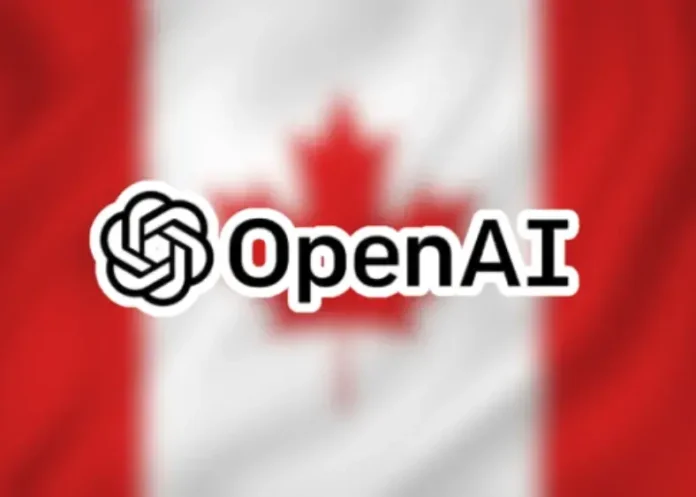As of November 29, 2024, a coalition of Canadian news and media organizations has filed a lawsuit against OpenAI. This lawsuit alleges that the makers of ChatGPT are abusing copyrights while profiting from the intellectual property of these Alberta-based organizations.
Key Players in the Lawsuit
The lawsuit is filed by a few prominent names such as:
- Toronto Star
- Canadian Broadcasting Corporation (CBC)
- Globe and Mail
They are now enticing monetary damages and a prohibition from OpenAI’s use of the content further.
Allegations Against OpenAI
OpenAI has illegally acquired the content from the websites of the plaintiffs and trained the language models that provide support for ChatGPT. The news organizations argue that this is a huge investment of time, effort, and financial resources on the part of their journalists and editorial staff.
Statements from the News Companies
In their suit, the Canadian news organizations have charged OpenAI of:
“Brazenly misappropriating valuable intellectual property”.
Use for profit or for purposes without agreement or without payment.
This is not isolated litigation however since similar copyright conflicts have arisen between OpenAI and many other U.S. publishers, including New York Daily News.
Contrasting Relationships with Other Publishers
Though OpenAI has agreements with other major publishers like The Associated Press and Axel Springer, the Canadian news organizations contend that they have received no compensation for, nor recognition for, OpenAI’s use of their material.
OpenAI’s Response
An OpenAI representative stated that millions use ChatGPT worldwide to strengthen their lives, creativity, and innovation. Models are trained using publicly available data with fair use and international copyright laws in mind.
Moreover, they stated that they are working with news publishers regarding the exposure and attribution of their material so that publishers can choose whether or not they want to opt out.
Concerns over Claims
The suit comes right on the heels of a report from Columbia University’s Tow Center for Digital Journalism, which concluded that no publisher has been spared from the misrepresentation of their content by ChatGPT.
Conclusion
This demonstrates once again how really complicated these issues are when it comes to copyright concerning artificial intelligence, especially when rights holders to content invent mechanisms by which they can hold forth against the new realities of the digital era. The outcome of this suit could have far-reaching consequences, both for the news industry and for AI companies, as it brings the conversation on innovation and intellectual property into sharp relief again.

